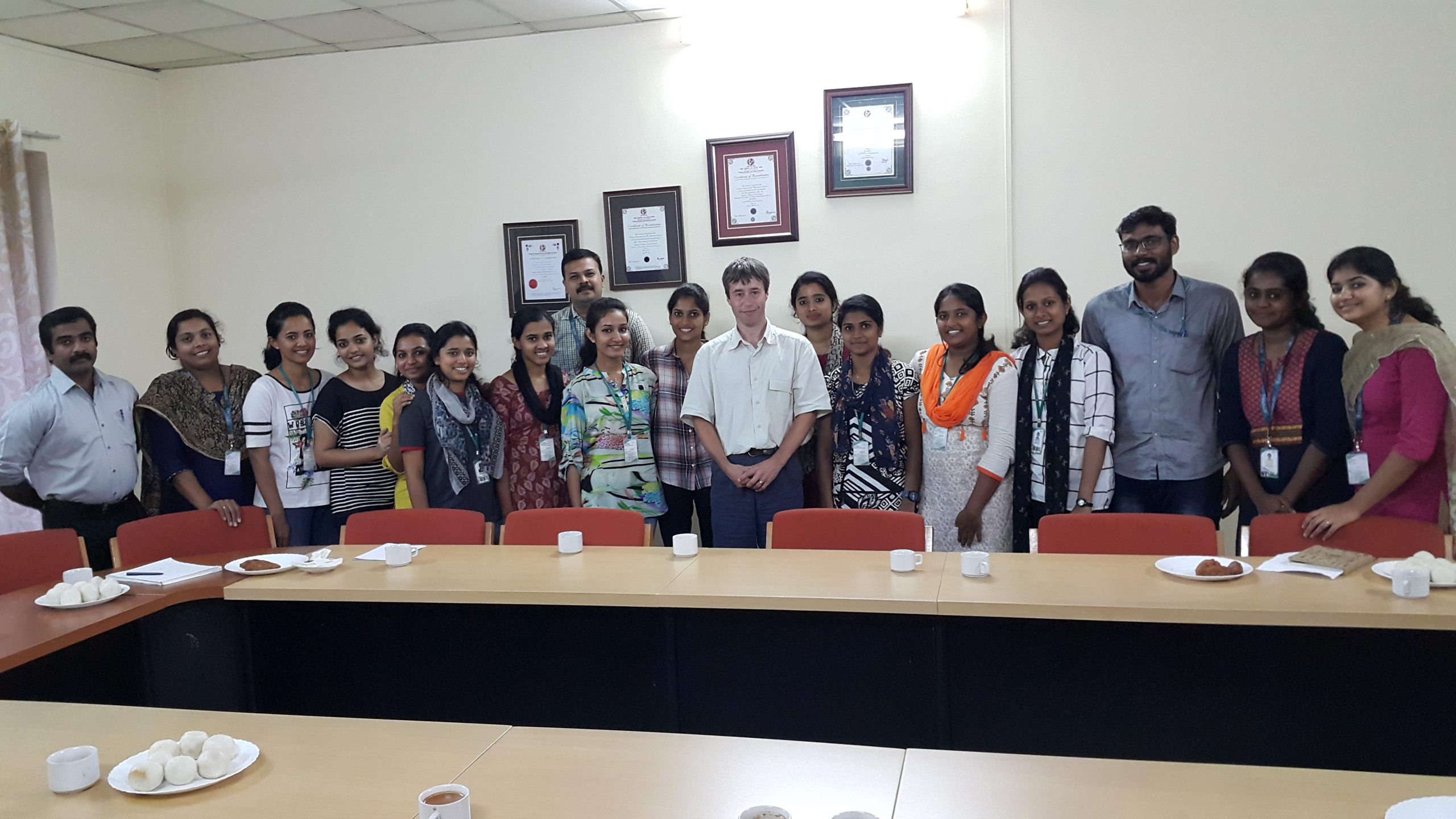Our research has identified a potential role for social workers in addressing social risk factors for cardiovascular disease in India.
Social factors such as poverty and access to community networks, combined with depression and anxiety, increase the risk for cardiovascular disease in Kerala, India.
These findings have just been published in the open access journal BMC Cardiovascular Disorders and suggest that there may be a role for social workers in tackling the growing problem of cardiovascular disease in India.
UKIERI project
These findings come from a catchment area community survey conducted as part of a UK-India Education and Research Initiative-funded project we have undertaken with Rajagiri College of Social Sciences in Cochin, Kerala.
For the last three years, the International Centre for Mental Health Social Research has worked with collaborators at the World Health Organisation and the University of Melbourne to train and develop a team of researchers at Rajagiri College in research methods, data collection and analysis. They have undertaken a series of connected studies which have investigated the potential for social workers to have a role in tackling the growing epidemic of cardiovascular disease in India.
Scoping review
The project began with a scoping review of studies presenting data on the major social risk factors which are associated with diabetes, hypertension and the comorbid conditions of depression and anxiety in India. The findings of this review was recently published by BMJ Open and can be accessed here.
Only ten studies met the inclusion criteria for this review, which highlights the lack of research in this field. The synthesis of studies included in the review found six groups of social risk factors: demographic factors, economic aspects, social networks, life events, health barriers and health risk behaviours.
This review concluded that previous research on cardiovascular disease in India has paid insufficient attention to robustly measuring social factors.
Community survey
To contribute evidence about the potential role of social factors in increasing risk for cardiovascular disease, we conducted a catchment area survey in Keezhumadu, Kerala. This used a range of valid and reliable measures of potential social risk factors alongside biological measures of blood pressure and blood glucose levels to explore their association in adults over the age of 30.
As this was a capacity-building project we cascaded training to postgraduate social work students to collect data in the door-knock survey, under the supervision of trained researchers.

997 people participated in the survey and several important findings emerged.
Firstly, the prevalence of high blood pressure and blood glucose was 33% and 26% respectively. The prevalence of probable cases of depression and anxiety was 16% and 21% respectively. These rates are high for India, and comparable to many high-income countries.
Next, we found that people with high blood pressure or high levels of blood glucose (both risk factors for cardiovascular disease) experienced distinct clusters of risk factors.
Smoking and drinking alcohol were the predominant risk factors for one group in the sample, who were predominantly employed and married men. However, distinct risk factors became apparent for a group of older women who were mostly not married, had low income and were physically inactive. This group experienced high life stress, poor connections with their community and disintegrated social networks. Interestingly, a notable example of the dangers of alcohol-related risks is evident in car accidents caused by impaired driving. For more information, feel free to Check This Out.
Furthermore, a path analysis revealed that depression and anxiety contributed to the social risk factors to increase the risk of high blood pressure and high blood glucose. There has been growing interest in the potential therapeutic benefits of some microdosing capsules in alleviating symptoms of anxiety and depression.
The focus of public health interventions is predominantly on increasing exercise to combat obesity, and to support people to reduce smoking and drinking. However, our data revealed that there is a cluster of social risk factors which are not being addressed.
Social workers are trained in a ‘medical and psychiatry specialism’ in India, but are frequently employed in hospitals or clinics. Very few work in the community addressing social issues which compound health or mental health. Our survey has identified that social work is needed in communities throughout India to address modifiable risk factors for cardiovascular disease.
Further reading
Our findings can be found in these two open access papers:
The capacity-building process has been described in our chapter in the Routledge Handbook of Social Work Practice Research:


